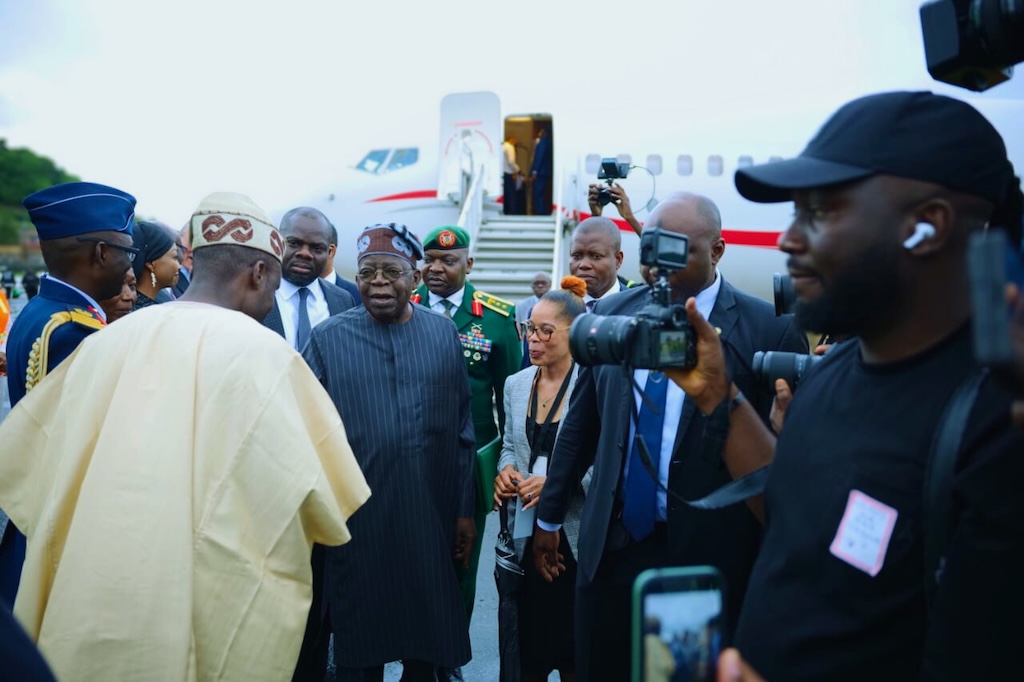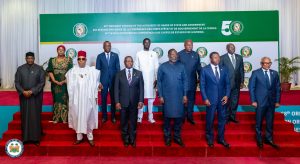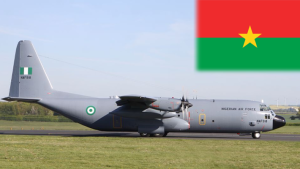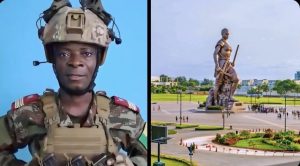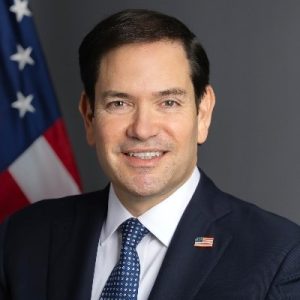In a move that has sparked widespread criticism, President Bola Tinubu arrived in Vieux Fort, Saint Lucia, on Saturday for a state visit, as Nigeria grapples with escalating insecurity, rampant hunger, and a growing population of internally displaced persons (IDPs). The decision to travel to a Caribbean nation with a population smaller than Oshodi, a bustling Lagos suburb, has been labelled tone-deaf by many Nigerians, who question the President’s priorities at a time of national emergency.
Tinubu’s itinerary in Saint Lucia includes courtesy calls to Governor-General Cyril Errol Melchiades Charles and Prime Minister Philip J. Pierre, addressing a joint session of the Senate and House of Assembly, and holding a high-level luncheon with Heads of Government of the Organisation of Eastern Caribbean States (OECS). The visit, according to a State House press release, aims to deepen economic and cultural ties between Nigeria and the OECS, as well as promote educational exchanges through a stop at Sir Arthur Lewis Community College in Castries. While these objectives align with Nigeria’s broader diplomatic goals within the African Union’s Sixth Region framework, the timing of the trip has drawn sharp rebuke.
Nigeria is currently besieged by crises. Banditry, terrorism, and communal clashes have left swathes of the country ungovernable, with thousands killed or kidnapped in recent years. The United Nations estimates that over 3.5 million Nigerians are displaced, languishing in IDP camps with inadequate food, shelter, or medical care. Meanwhile, soaring inflation and a weakened naira have pushed millions into poverty, with hunger and starvation becoming daily realities for many. Against this backdrop, Tinubu’s decision to embark on an international tour has been met with accusations of insensitivity.
Critics argue that the President’s focus should be on addressing these pressing domestic challenges rather than pursuing diplomatic engagements in a nation of fewer than 200,000 people. “Saint Lucia’s entire population could fit into a corner of Lagos,” said Chidi Okonkwo, a public affairs analyst in Abuja. “While international relations are important, Nigerians are dying daily from violence and hunger. The President’s absence at this critical time sends the wrong signal.”
The visit’s agenda, which includes discussions on economic partnerships and cultural solidarity, has also been questioned for its immediate relevance. Nigeria’s economic woes, including a struggling currency and dependence on oil exports, require urgent domestic reforms rather than distant trade talks, analysts say. Furthermore, the optics of a lavish state visit—complete with military honours and high-profile luncheons—contrast starkly with the plight of ordinary Nigerians, many of whom can barely afford a single meal a day.
Tinubu’s supporters, however, defend the trip as a strategic move to bolster Nigeria’s global standing. They argue that strengthening ties with the African diaspora and Caribbean states could yield long-term economic benefits and enhance Nigeria’s influence. Yet, even these voices struggle to justify the timing, with many conceding that the President’s presence is sorely needed at home.
As Tinubu addresses Saint Lucia’s parliament on Monday, Nigerians will be watching closely—not for diplomatic triumphs, but for signs that their leader grasps the gravity of the crises engulfing the nation. For now, the President’s Caribbean sojourn risks being remembered as a misjudgement, one that prioritises pomp over the pressing needs of a beleaguered populace.

